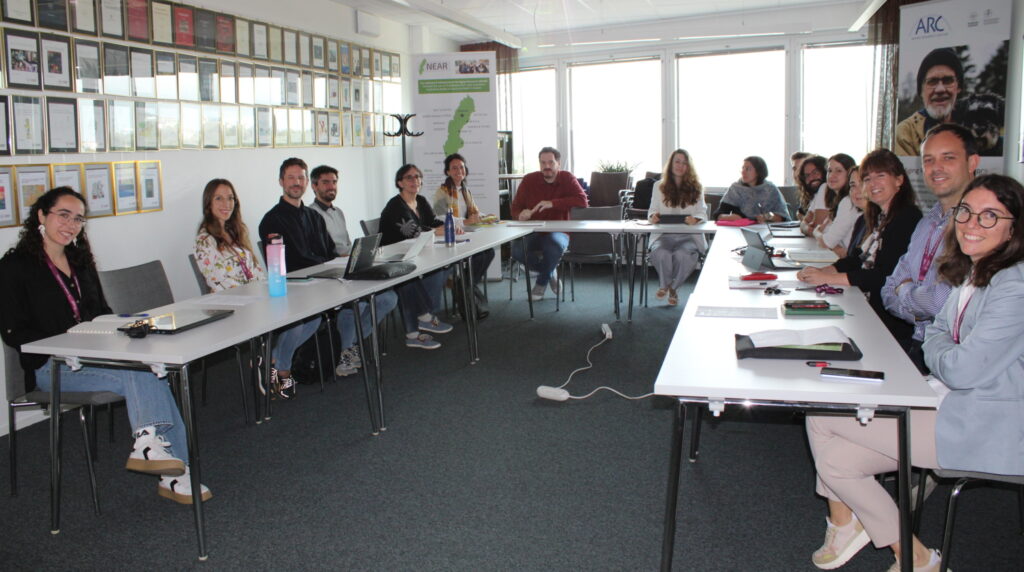
The Swedish Foundation for Strategic Research (SSF) has recognized emerging scholars through its prestigious Future Research Leaders (FFL) program, and among the 16 selected researchers is Arvid Guterstam from Karolinska Institutet (KI). With a substantial grant of SEK 15 million over five years, Guterstam aims to advance his research in understanding social cognition and its implications for autism.
As Guterstam reaches the halfway point of the program, he reflects on his findings and the broader impact of his work. The FFL program is designed to bolster researchers with significant scientific and pedagogical skills, providing essential tools for their development as leaders in academia. A key goal is to ensure that research outcomes benefit not just academic circles but also society and industry.
In addition to funding, the program offers extensive leadership training. Participants engage in 18 months of training that includes 20 full days and a week-long study trip to Switzerland. This comprehensive approach prepares researchers to lead larger teams and manage complex research projects effectively.
Guterstam’s project focuses on how the brain encodes attention in social contexts. His research proposal outlines several objectives: to determine whether the mechanism for encoding attention is innate or culturally influenced; to clarify the functions of specific brain areas involved; to investigate the basic perceptual properties of the mechanism; and to explore its impact on individuals with autism. Furthermore, he aims to assess whether this mechanism can be enhanced through fMRI neurofeedback to improve social functioning in those with autism.
The anticipated outcomes of Guterstam’s research may contribute significantly to understanding autism, potentially leading to innovative diagnostic tools and therapeutic strategies. As Guterstam continues his work, he remains committed to translating his findings into practical applications that could benefit a wide range of individuals.
In a recent interview, Guterstam shared insights into his progress and the implications of his research for both the scientific community and society at large. His dedication to advancing knowledge in this critical area underscores the importance of the FFL program in fostering the next generation of research leaders.






